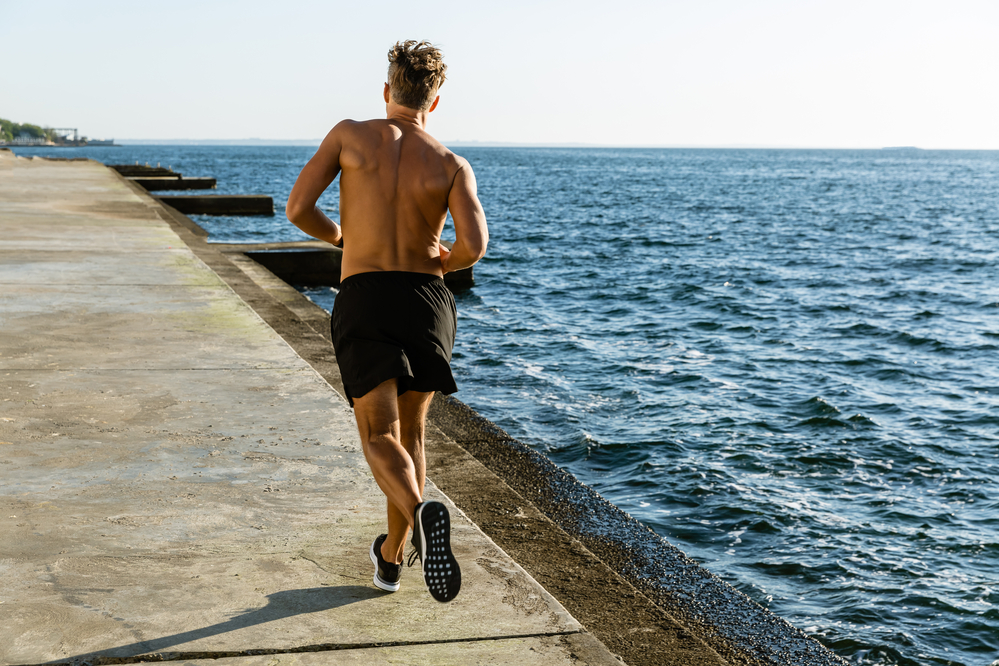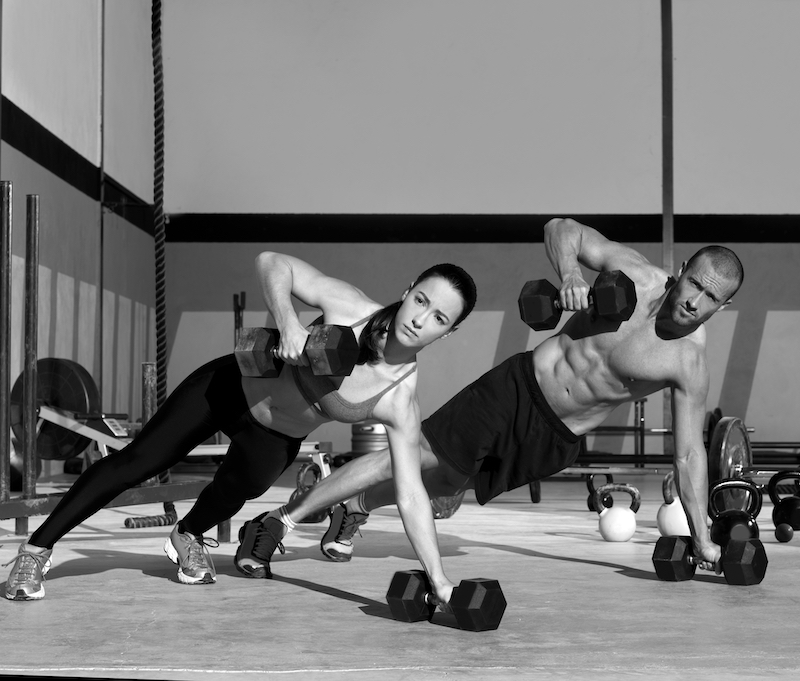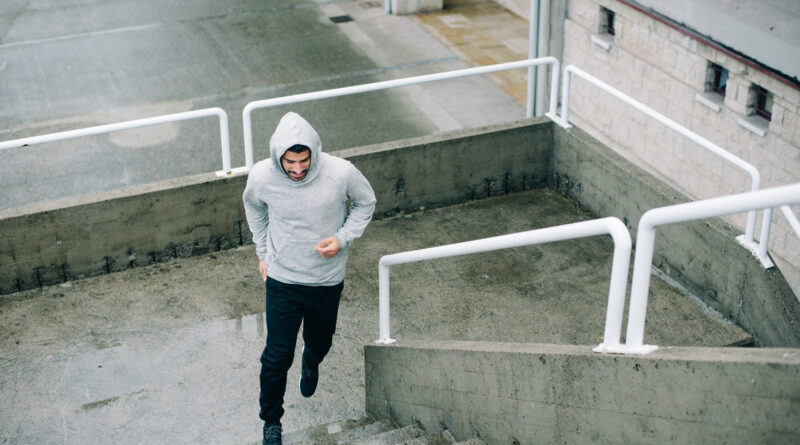A lot goes into the life and training regimen of an athlete. You’ve got to build strength, speed, agility, endurance, not to mention the mental and technical side of things.
One thing in particular derails athletes of all levels, from professionals to dads playing in casual Sunday soccer leagues: injuries.
If you want to be an athlete, you need to know how to avoid getting injured. One injury can set you a long way back, and prove hugely demoralizing, if you’re a professional athlete, or sports/working out is something that’s important to you.
Luckily, you can help this by being smart about how you train and how you live. Keep reading, and we’ll share 5 tips on preventing injuries while being the best athlete you can be.
Warm Ups

A huge number of injuries could be avoided by simply warming up correctly.
Cold muscles are more susceptible to injury. They have a lesser range of motion, which means a smaller threshold before something tears.
There’s less elasticity in your muscles before warming up, and they don’t contract and relax as easily. In addition to that, if you go straight into action from a cool state (as you do if you don’t warm up), your body is not set up to cool down as efficiently, which can increase the chance of overheating.
Always warm up before training or competing. Focus on putting your body through a full range of motion, warming up every joint and muscle group. You also want to increase your heart rate a little bit, to get your cardiovascular system up and running.
Too often we neglect warm ups because it feels like a hassle to take 10-15 minutes before every game or training session to prepare. But something as little as this can prevent weeks, or even months on the sideline with a muscle injury, which is significantly worse than the minor inconvenience of a warm up session.
Eat High-Quality, Nutritious Meals
Your nutrition can also influence whether or not you get injured.
Diet is important for athletes in many ways. We need the right intake of vitamins, minerals and nutrients to support every single bodily function. And if you’re engaging in high-impact, high-intensity activities, you’ll need higher levels of those compounds.
For one example, to maintain strong bones, you need to be getting enough calcium, vitamin D, and several other nutrients. Strong bones make breaks or fractures less likely.
Protein is also extremely important for athletes. Protein helps you rebuild and repair muscles, among other things. If you’re not getting enough protein, it will take longer for the muscles to repair after a game or training session, during which time they’ll be more at risk of injury.
As an added bonus, eating the right foods will help you recover from injuries quicker. You’ll be able to get back to full fitness faster, and avoid niggling injuries becoming long and drawn-out problems.
Train Core and Stability

Imagine you’ve built a table. It’s made from the highest quality oak. Beautifully finished, making for a gorgeous aesthetic when put together.
Only you connected the legs to the tabletop with a little bit of scotch tape. The thing’s going to fall apart the moment you try to move it.
That’s what happens when you build huge muscles but neglect core and mobility. In fact, the more you build strength and muscle size, the more you need to support it by training core, stability and mobility.
If you don’t, the stress you put on your joints and connective tissue from explosive movements and changing direction is going to be too much. You’ll find you get a ton of ankle, knee and shoulder issues in particular.
Focus on training functional movements, such as mobility drills and full-body workouts, and add in a bit of core work every time you train.
Use the Right Supplements
Along the same lines as nutrition, supplements can help you keep your body in top shape and avoid injuries.
You’ll want to start with your diet, and getting the right vitamins, minerals and nutrients through good food. But if you’re a serious athlete, it’s going to be hard to get everything you need from food alone.
That’s where supplements come in. A regular dose of vital minerals and nutrients can help you keep up optimal levels – vitamin D and calcium, for example, can help with healthy bones as mentioned earlier.
Collagen is another good one, in the way it supports joint health and connective tissue, which are commonly injured parts of the body.
Then you can also use supplements to help speed up recovery. If you’re able to get back to 100% before your next training session, you’ll be at less risk of injury – that’s why a recovery supplement, like the recovery mushroom supplement from Naked Nutrition, can be so beneficial for you.
You don’t want to let supplements replace a balanced diet, but they’re just about a must if you want to train every day and reach your physical peak.
Get Enough Sleep

The final tip is to get enough high-quality sleep.
Sleep is another thing that’s vital for recovery. As we just mentioned, giving your body what it needs to fully recover in between sessions is a big way to reduce injuries.
In addition, when you’re getting enough sleep, you’re going to be more alert and sharper mentally. This, too, can help avoid injuries. A lot of the time, when we’re running on little sleep, we lose concentration in training.
A single moment can be enough to put a foot in the wrong place, lift at just the wrong angle, and cause an injury.
By fixing your sleep, you’ll be more focused, and better able to control your movements in a safe manner.
Final Thoughts
So many athletes ramp up their training intensity in order to try and get ahead, but neglect to consider the impact a single injury can have on their progress.
Avoiding injury is perhaps as important as pushing yourself harder and getting bigger, stronger, and faster. Staying healthy means more hours you can spend in the gym, more reps, and ultimately more progress.
The five tips laid out above will all help you ward off injuries and stay in the best shape possible, helping you reach your potential in your athletic journey.





